CPJ: Prominent journalist harassed again in Azerbaijan
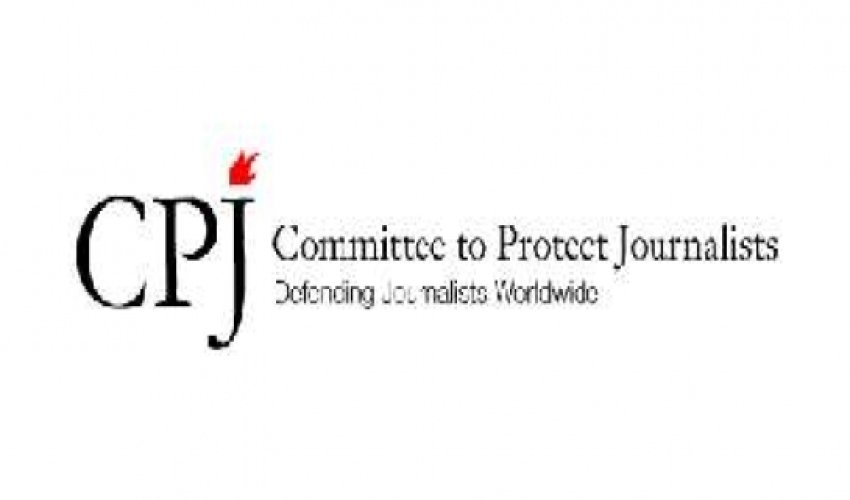
The Committee to Protect Journalists is gravely concerned by the official harassment of investigative journalist Khadija Ismayilova, who is being criminally investigated in Baku in apparent retaliation for her reporting on government corruption. Ismayilova works for the Azerbaijani service of the U.S.-funded Radio Free Europe/Radio Liberty.
Since Tuesday, Ismayilova has been repeatedly questioned by the Serious Crimes Investigation Department of the Prosecutor General's Office in Baku, which has accused her of having divulged state secrets in a Facebook post that included a photo of a scanned document reportedly issued by the Azerbaijani security service, the MNB, according to news reports. The document alleges the recruitment of an Azerbaijani opposition activist as an MNB informant. Ismayilova, who redacted the name of the purported recruit before publishing the document, said on Facebook that she had been given the document by a former MNB employee.
Ismayilova has been banned from leaving Baku without informing the authorities. She has not signed an actual physical travel ban, and she has not yet been formally charged, she told CPJ today. If convicted of publishing state secrets, Ismayilova could face up to seven years in prison.
This latest government action against Ismayilova follows a smear campaign in the state-controlled media. On February 12, the pro-government website Haqqin published an article calling Ismayilova a U.S. agent and alleging that the journalist had told U.S. congressional staffers visiting Baku in January about Azerbaijani opposition activists allegedly contracted as informants by the MNB.
Both Ismayilova and the U.S. Embassy in Baku denied the claims. But other pro-government media quickly republished the Haqqin article, thus amplifying the accusations against the journalist. Ismayilova told CPJ that the last two interrogations at the Prosecutor General's Office were about the purported dinner meeting she had with U.S. congressional staffers. "We have information that you delivered state secrets to foreigners," she said her interrogators told her.
On Wednesday, Ismayilova posted a note on Facebook, called "If I get arrested," which lists several of her recent journalistic investigations. The note said: "If/When I get arrested, I want you to make sure that your audience understand the reason. Anti-corruption investigations are the reason of my arrest. The government is not comfortable with what I am doing. I am about to finish three investigations. I will make sure to finish them before anything happens. If not, my editors and colleagues will finish and publish [them]."
"This despicable campaign to silence Khadija Ismayilova must stop at once," CPJ Europe and Central Asia Program Coordinator Nina Ognianova said. "Officials are using pro-government media in yet another cowardly attempt to stop a brave, independent journalist from doing her job. We call on the government of President Ilham Aliyev to cease this harassment."
Ismayilova is no stranger to government-sponsored persecution. In March 2012, she was subjected to a campaign intended to intimidate her into stopping her investigation into Aliyev's family's alleged interests in lucrative construction projects in Baku ahead of the Eurovision Song Contest. She received anonymous threats, warning her to stop her work or face consequences. When she did not, a video of a personal nature, purportedly depicting her, was posted online, and the pro-government media published articles calling her "immoral" and "corrupt."
Another wave of harassment started in April 2013 and continued through the year, with videos secretly recorded in the journalist's apartment being posted online. The state-controlled media kept posting links to them, with the apparent intent to harass Ismayilova. The journalist continued her independent reportin.
ANN.Az


























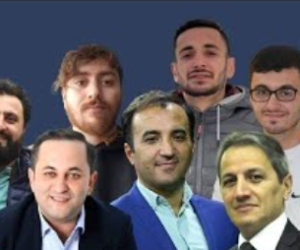

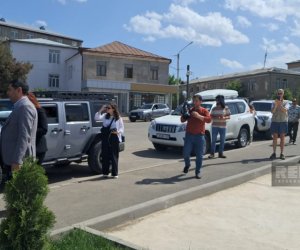
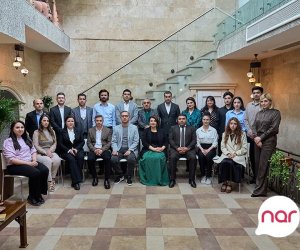

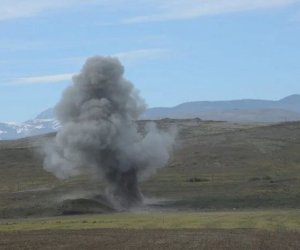




 Photo
Photo 



 Video
Video 

